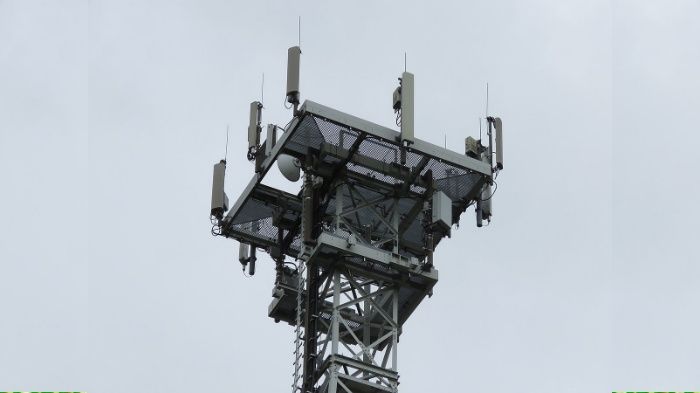UPDATE: The European Commission has just announced a significant proposal to intensify efforts against Huawei and ZTE, aiming to eliminate their telecom hardware from EU member states. This urgent move, led by Vice President Henna Virkkunen, seeks to make the 2020 5G cybersecurity toolbox recommendations legally binding, potentially affecting not only mobile networks but also fixed-line broadband and fiber networks across Europe.
As the EU grapples with the implications of Chinese technology on its security, the urgency of this proposal cannot be overstated. The decision comes amid a backdrop of ongoing geopolitical tensions, pricing challenges for Western companies, and varying national responses to the presence of Chinese tech in critical infrastructure.
Since 2020, several EU nations have taken decisive action against Huawei and ZTE. For example, Sweden has already banned their equipment from 5G networks, while the UK has enforced a similar ban and mandated the removal of any existing Huawei technology by 2027. Germany is also set to eliminate Huawei from its 5G core networks by 2026.
However, not all EU countries are aligned. While Italy and Spain continue to allow Huawei operations, Slovenia has recently rejected a bill aimed at excluding high-risk vendors, highlighting the fractured approach within the EU.
In light of sanctions imposed by the United States, the UK has framed its removal of Huawei’s technology as essential for supply chain security. Former Digital Secretary Michelle Donelan emphasized, “We must have confidence in the security of our phone and internet networks which underpin so much about our economy and everyday lives.”
Compounding the issue, traditional Western competitors like Nokia and Ericsson struggle to match the pricing of their Chinese counterparts, who benefit from state backing. This raises alarm among policymakers about potential espionage threats amidst an ongoing technological battle.
The EU’s 5G Cybersecurity Toolbox, originally established in 2020, was designed to enhance network security through strategic measures, including installation bans and supplier diversification. However, recent discussions have reignited debates over a unified response as national policies diverge.
As this situation develops, all eyes will be on the European Commission and its member states to see how they navigate these complex security challenges. The implications of these decisions will resonate across the technology landscape and impact businesses and consumers alike.
Stay tuned for more updates as this story unfolds, and follow us for the latest news on technology and cybersecurity developments.







